The Impact of Blockchain on the Future of International Arbitration
In a recent panel discussion featuring Dr. Federico Ast, Sophie Nappert, and Dr. Sabine Van Haecke-Lepic, hosted by ArbTech and Kleros, the future of dispute resolution was explored, particularly focusing on the impact of blockchain technology and the concept of decentralized justice. This comprehensive exploration not only delved into the mechanics of platforms like Kleros but also examined broader implications for the legal field, due process, and the accessibility of justice in the digital age.
Decentralized Justice and Its Pioneers
Dr. Federico Ast introduced Kleros, a legal tech company at the forefront of leveraging blockchain for arbitration, pioneering the field of decentralized justice. Ast's work, which intersects blockchain technology, game theory, and legal tech, aims to address the exponentially growing number of disputes in the digital economy, where traditional dispute resolution mechanisms fall short. The Kleros model, which enables anonymous jurors to adjudicate cases, is revolutionary, aiming at efficiency, transparency, and accessibility, particularly for microtransactions and the global digital economy.
Sophie Nappert, an established figure in international arbitration, discussed the potential integration of traditional arbitration mechanisms with innovations like Kleros. She highlighted the necessity for the arbitration community to adapt and remain relevant in the face of these new technologies. Nappert stressed the importance of trust in any dispute resolution system and suggested that arbitration might need to evolve to continue serving in the rapidly developing landscape of web 3.0 and beyond.
Dr. Sabine Van Haecke-Lepic contributed by questioning the compatibility of blockchain dispute resolution with democratic values, emphasizing the need for due process and fairness. She pointed to the emergence of blockchain as creating new possibilities for economic and social institutions, but also as a challenge to traditional legal systems in enforcing decentralized arbitration outcomes.
Adapting Due Process for the Digital Age
The discussion raised important questions about the concept of due process within the context of decentralized justice systems. The participants debated whether traditional notions of due process could or should be adapted to fit the needs of the digital economy. While recognizing the value of due process, there was acknowledgment that its application might need reimagining to accommodate the speed, anonymity, and global nature of disputes arising in the digital domain.
One particularly interesting avenue explored was how national courts might respond to and integrate the principles developed in decentralized dispute resolution platforms. Could the jurisprudence established by platforms like Kleros inform traditional legal systems? This idea of "Lex Cryptographia" suggests that as decentralized platforms develop their own standards and practices, these could potentially influence broader legal principles.
Looking Forward: Integration and Evolution
The consensus among panelists was that the future of dispute resolution will likely feature a blend of traditional and innovative mechanisms. This hybrid approach could cater to a range of disputes, from microtransactions in the digital economy to more complex cases better suited to traditional arbitration or court proceedings.
For legal practitioners, the message was clear: engagement with and understanding of these new technologies are essential. The legal profession is encouraged to explore and interact with platforms like Kleros to grasp firsthand the implications of decentralized justice. This experience is invaluable for imagining the future of law and dispute resolution in an increasingly digital world.
In conclusion, the panel underscored the importance of evolving dispute resolution mechanisms to meet the demands of the digital age. While challenges such as ensuring due process and integrating with traditional legal systems remain, the potential for more accessible, efficient, and fair dispute resolution is undeniable. As the legal community continues to explore this uncharted territory, the insights from pioneers like Ast, Nappert, and Lepic will undoubtedly light the way forward.
